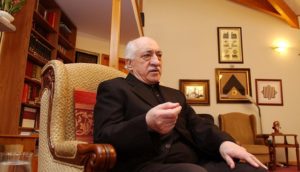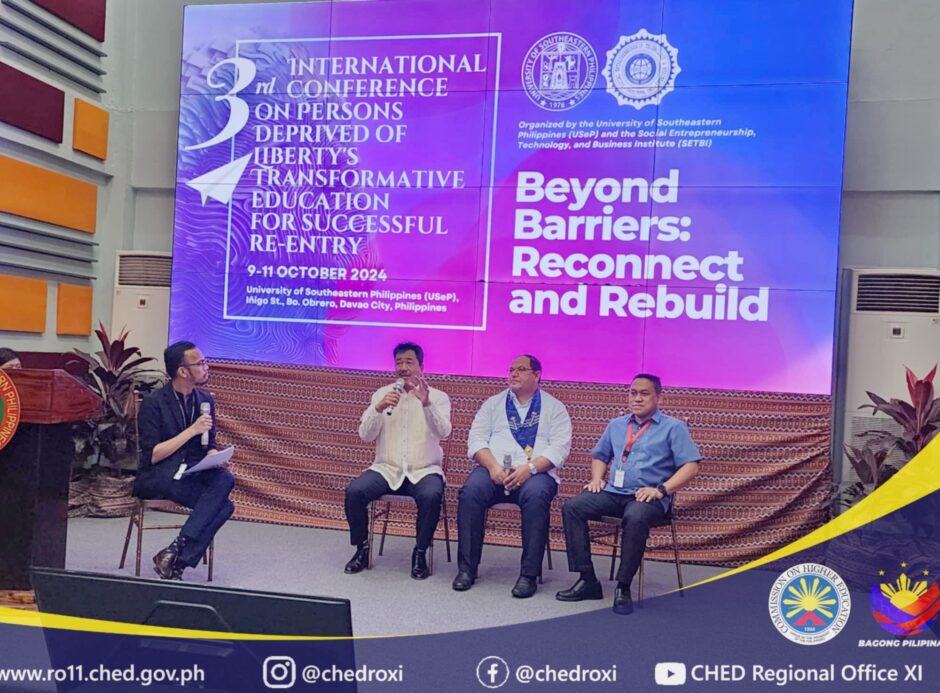 On Sunday the Turkish people approved a referendum with a 51.41 percent vote for the constitutional changes that will marshal Turkey into a presidential system. In a historic constitutional referendum, more than 50 million Turkish citizens voted on a series of amendments that extended the presidential powers to include those of the prime minister, thereby, replacing what some perceive to be a flawed parliamentary system. Others see this change as jeopardizing the judicial and legislative independence as presidential powers increase. An estimated 85.3 percent of all registered voters in the country participated in the contest, according to the Daily Sabah newspaper in Turkey.Sunday's vote represents an important milestone in Turkish political, social, and economic history. Every election results in winners and losers. Since 2003, the Justice and Development Party, the AKP, keeps winning the popular vote in Turkey because of a lack of good oppositional leader to stand against Recep Tayip Erdogan. In this election the losers were the Gulenist religious cult, secularists, and the Kurdish guerilla PKK. The Gulenists religious cult could not defeat Erdogan democratically, so it staged a coup on July 15th to use military force to assassinate him in order to take over the democratically elected government. The Gulenists failed in their attempt.
On Sunday the Turkish people approved a referendum with a 51.41 percent vote for the constitutional changes that will marshal Turkey into a presidential system. In a historic constitutional referendum, more than 50 million Turkish citizens voted on a series of amendments that extended the presidential powers to include those of the prime minister, thereby, replacing what some perceive to be a flawed parliamentary system. Others see this change as jeopardizing the judicial and legislative independence as presidential powers increase. An estimated 85.3 percent of all registered voters in the country participated in the contest, according to the Daily Sabah newspaper in Turkey.Sunday's vote represents an important milestone in Turkish political, social, and economic history. Every election results in winners and losers. Since 2003, the Justice and Development Party, the AKP, keeps winning the popular vote in Turkey because of a lack of good oppositional leader to stand against Recep Tayip Erdogan. In this election the losers were the Gulenist religious cult, secularists, and the Kurdish guerilla PKK. The Gulenists religious cult could not defeat Erdogan democratically, so it staged a coup on July 15th to use military force to assassinate him in order to take over the democratically elected government. The Gulenists failed in their attempt.
The Turkish people displayed their devotion to Erdogan in his call for them to take to the streets to show support for democracy on July 15, 2016, by braving tanks and jet fighters to stop a bloody coup. Now, the Gulenists, the Kurdish party, and the secular party of the Republican People’s Party (CHP) think there is voter fraud and consequently are trying to deny that this vote was the people’s mandate by protesting the results. I do believe the referendum was fair and held under the supervision of the Supreme Court with all political parties present during the vote counting, although leaders of these competing parties continue to take to the microphones to protest.
European leaders debate the outcome of the referendum as well. However, they lack charisma and the ability to run their own countries with their own problems, so they, ironically, assess other countries’ internal affairs. For example, they criticize President Duterte for delivering his promise to his people regarding drugs. Despite this, European Union officials, its parliaments, and its institutions are acting as if they were Turkey's adversaries and challenging the elections, believing that the referendum did not represent the will of the Turkish people. This is an open insult to any nation.
Upon the founding of the nation in 1923, Turkey adopted secularism, but it was not the expression of the majority of the people from below; rather, a small elite, a military dictator, and intellectuals imposed it on a traditional and mostly rural society. What Kemalism or secularism did to the Turkish people was to cut off Turks from any link to their history, culture, education, religion and traditions. Ataturk adopted the Latin alphabet, banned headscarves, and forced a European dress code on the entire population. All Arabic names and last names had to be changed. So Ataturk institutionalized a top down cultural, social, and economic revolution, but what the AKP under the leadership of Rejep Tayip Erdogan did was a bottom up social, cultural, and political revolution in Turkey. Granted, Erdogan’s narrow margin occurred after his jailing dissidents, restricting media coverage of the “no” campaign, and closing of scores of media outlets, according to Alison Smale in a New York Times article the day after the referendum.
Besides taking on secularism, President Erdogan challenged EU leaders claiming that the EU’s failure to accept Turkey was because Turkey is a majority Muslim country, and that the EU is a “Crusader Alliance” of Christians. Further, he assigns the EU’s chilly relationship to Turkey to the influence of the Pope. The EU, on the other hand, looks at Turkey’s human rights abuse record, so that since it petition in 1987, Turkey is still not a full member of the EU. Currently, the EU is closely examining Turkey’s response to the migrant crisis. Erdogan has told the heads of these 28 member states that he could call for a referendum to ask if Turkish people still want to join the EU.
In the West, secularization, however, went hand in hand with the enlightened projects of democratization and liberalization. In the Middle East under the secular elites, the people of Egypt, Syria, Tunisia, Iraq, and Turkey never had choices. Since our modern world has gone through numerous changes, the systems of government have also changed. Economic modernization in the Middle East has brought social mobility to the conservatives, which led them to create wealth, the judiciary, an army, the police, and universities, all of whom undervalued Muslims and minorities.
This kind of fascist system of government led the voters to form the basis for the AKP electoral victories in the name of democratic legitimacy. Over the years, secular elites have on several occasions shielded themselves behind Kemalists to overturn the will of the people. The AKP‘s foreign policy has been successful except for its policy toward the Kurds in Syria because the AKP considered Kurds in Syria as a terror group, although they are not. Secularism in correlation with a military based constitution proved not to be working and unsustainable. The AKP believed that it had to be destroyed, and to do so it solicited broad support from the people.
For more than 80 years, the Turkish government remained secular. Attempts to bring back Islamic values into government have been met with resistance by the military, which views itself the protector of secularism. In 1950, Adnan Menderes tried to return Turkey to its Islamic roots, but the military junta hanged him. Modern Turkey and its relations with its history remain very complicated. The core secularists who support Ataturk’s ideology believe Islam should not exert a controlling role in public life. The AKP and other segments of society envision a return to a more Islamic oriented society, government, and leadership, one more in line with the rest of the Islamic world.
Turkey is currently surrounded by the two failed states Syria and Iraq with the consequential geopolitical turmoil of global significance. The current parliamentary system, in place from the beginning to now, reacted inadequately to almost every crisis. In addition, the political instability caused by both coalitions and military-led governments made the country vulnerable to opponents, causing internal and external volatility since Turkey’s inception.
During the one-party government of the AKP Turkey has made significant economic and social progress, as most observers acknowledge. Although other variables were present, coalition governments led to disorder and stagnation. Coup leaders in their various attempts to gain control had little regard for governance, so that the current system does not support the demands of a modern Turkey.
The presidential system can help correct the faults in the parliamentary system if Erdogan acts on the democratic will of the Turkish electorate. With the passing of the current constitutional referendum, the AKP will put the last nail in the coffin of secularism and Kemalism in Turkey. Even as opponents of the plebiscite call for its nullification, citing voter irregularities and manipulation, the referendum ushers in a new era.
As the executive branch siphons off parliamentary power, Erdogan has the potential to hold the presidency until 2029 or 2034, depending on which branch calls for the next election. If Erdogan wins the 2019 election, he will assume full power ending the parliamentary system at that point. In any case, Turkey has succeeded in gaining the global spotlight as Ankara deals with refugees, ISIS, fallout from the unsuccessful coup, imprisoned dissidents, Cyprus, migrants leaving Turkey for Greece, human rights infractions, as well as energy, environmental, and water issues in addition to drug, human trafficking, and corruption—to name a few of the issues listed on the Republic of Turkey’s Foreign Affairs website. Erdogan will indeed need to be concerned with governance rather than with control.
Dr. Aland Mizell is President of the MCI and a regular contributor to Mindanao Times. You may email the author at:aland_mizell2@hotmail.com

